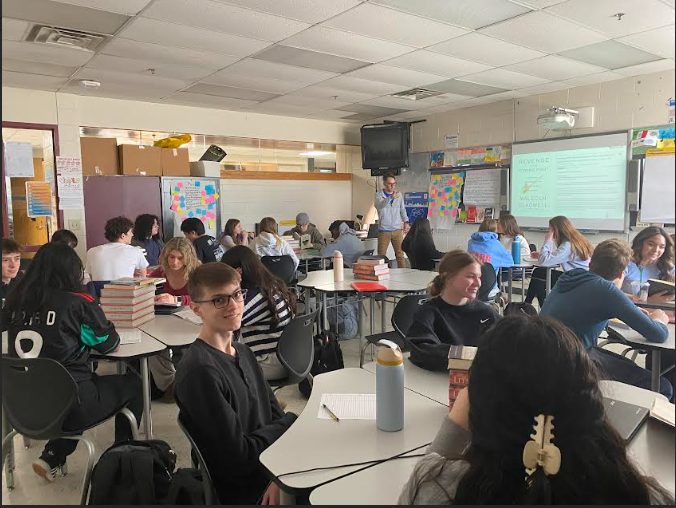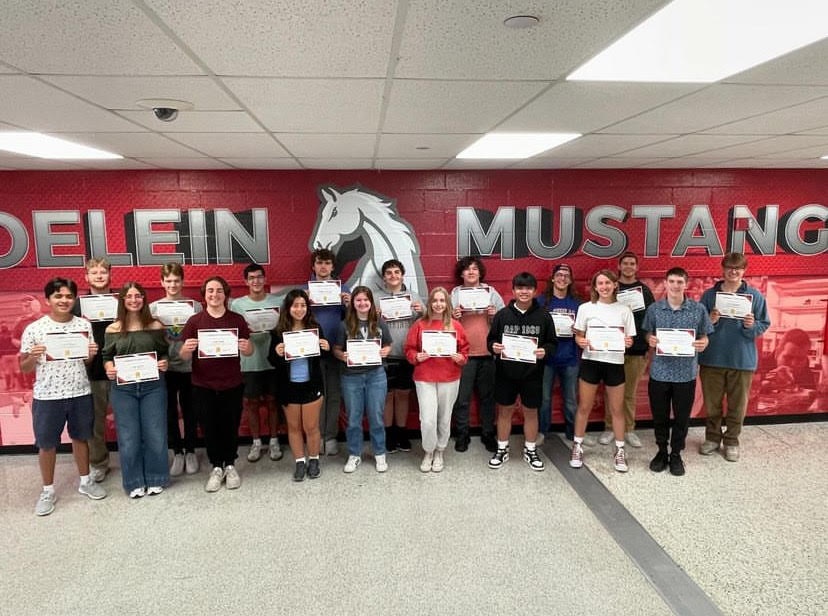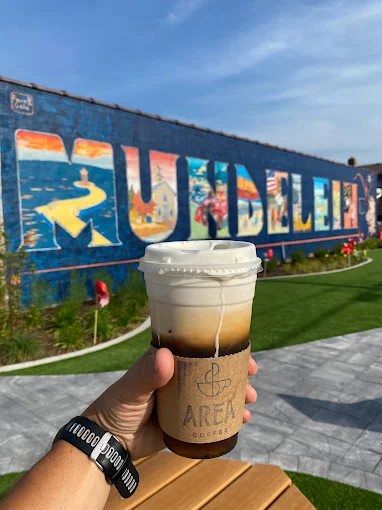Picture an intense competition.
You can hear the roar of the crowd, the explosion of noise when something amazing happens, deafening sounds of pure amazement and joy. From a walkoff homerun to an exciting conclusion to a performance, there is no shortage of excitement.
Generally you hear about successes of the most popular sports, like football, basketball and baseball; however, science olympiad, the competitive math, science, engineering team, compete and excel is general obscurity.
With quite a few state qualifiers year after year, MHS science olympiad is no pushover. After their strong performance at their regional tournament on March 1st, they are a current state qualifier
Science Olympiad competitions are broken up into three sections, lab, study and build. Generally the participants focus on one section and compete there, but some do compete in multiple events.
Participants in the lab section are given parameters for what they are required to do shortly before the competition. They receive instructions and materials possibly needed to create something. From there, a time limit is for competitors to complete the rigorous task.
The study challenge involves rigorous studying and planning. Competitors are expected to study wide ranges of topics in advance of the competition. When they arrive all they receive are a pencil, calculator, and their own cheat sheet, created in advance. From there, the task is straightforward, yet far from simple. Summed up best by Science Olympiad team member Max Keil, “You have to take a really, really hard test.”
He is very right, as the way to win a study competition is simply to get the highest score, and generally they are not the typical 95% and up as might be expected from a group this smart and dedicated. Scores are often very low on a traditional scale, as the material is significantly more challenging and complex than a standard math test; however, as long as your score is higher than your opponents, that is all that matters.
Lastly, there is the build challenge. Keil explains his specialty event, “All you do is build a contraption, and then you make it do something.”
That something can be anything from floating to flying, and anything in between. A very versatile competition, the competitors spend the weeks leading up to a competition building something for the competition.


